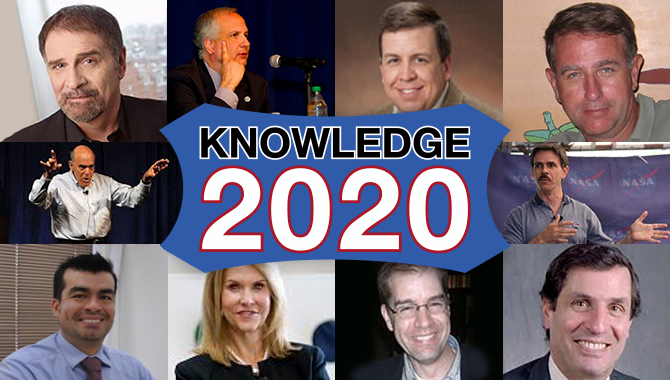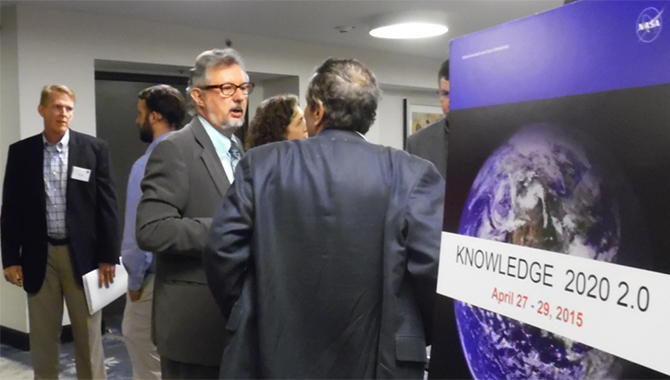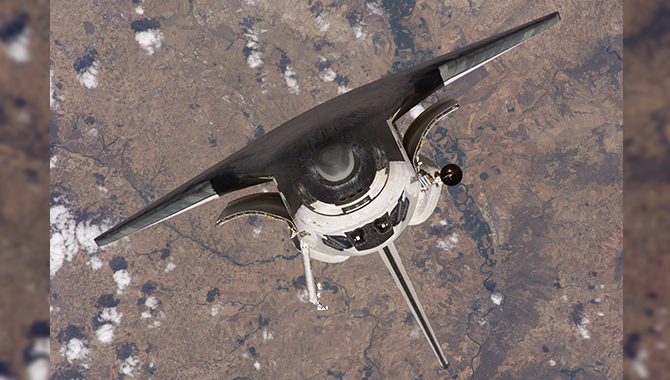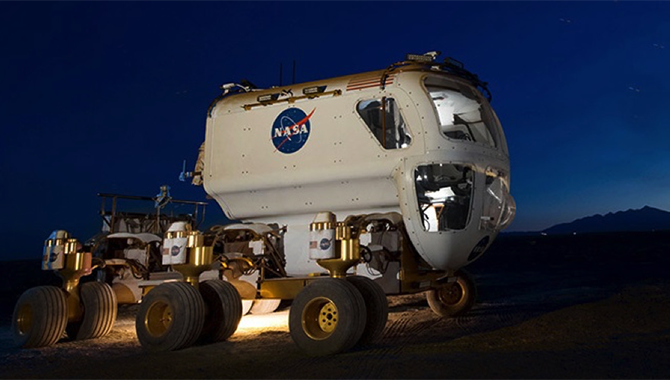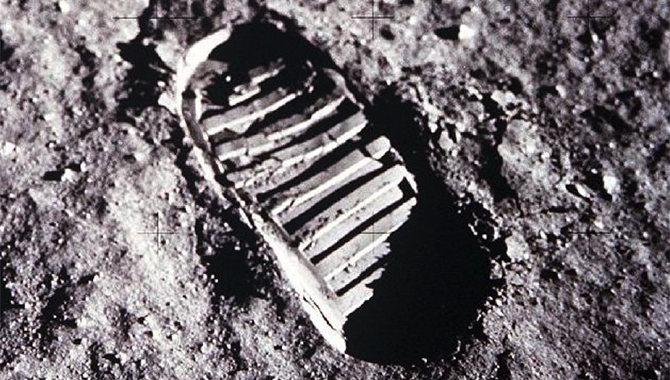
One of the first steps taken on the Moon, this is an image of Buzz Aldrin's bootprint from the Apollo 11 mission. Neil Armstrong and Buzz Aldrin walked on the Moon on July 20, 1969.
Photo Credit: NASA
What insight does the expression “the whole is greater than the sum of its parts” have for Knowledge Services, especially at NASA?
To some, this expression—often attributed to Aristotle—is a game of semantics and can be easily dismissed. However, if we play along with the game, we can begin to understand why thinking about knowledge (capturing and sharing it) is beneficial. Semantics suggest that “whole” (as it is used in the expression and not as a synonym for “sum”) has more to it than mere “sum,” which is only the output of some process.
We have heard it phrased other ways. “It is not the destination; it’s the journey.” More than just traveling happens between points A and B.
Recently, nearly 50 project and knowledge practitioners journeyed to the Johnson Space Center for the second Knowledge 2020 event to benchmark other large and technical federated organizations as recommended by the Aerospace Safety Advisory Panel. The NASA Community welcomed knowledge service leaders from Microsoft, Boeing, and Merck. Knowledge workers do share well, practicing what they preach, so we have captured their presentations—along with those from Jet Propulsion Lab’s Ralph Basilio and The Ohio University’s Tony Luscher—on our website. The major themes from the event are captured in a white paper written by Don Cohen, the former editor of ASK Magazine. Cohen also presented at “K2020 2.0” on why admitting to making mistakes is essential for project and mission success, with examples like the stories found in the My Best Mistake series. Though sharing stories was encouraged during work breaks and breakout work sessions, the main thrust of this K2020 was benchmarking to meet our biggest challenges.
The term benchmarking arises from the trade of shoemaking. Cobblers would place someone’s foot onto their workbench and “mark” out the foot’s size and shape. It is helpful to know this etymology; sometimes “benchmarking” is misused to describe situational research. Unlike situational research, benchmarking is seeking out best practices from others on how something is done well, measuring past and then future success by specific performance metrics. Such a performance metric could be, say, walking on the moon.
While NASA is often asked to share its knowledge, even its knowledge on knowledge management and services, we are still fellow practitioners within a community where we can learn how to reach our goals as similar organizations meet theirs.
For any project at NASA, the desired outcome is mission success. NASA has set its sights on Mars and has wisely created enthusiasm for it by emphasizing the journey and not just the destination: “Journey to Mars” is the catchphrase. Although the destination is extremely amazing and sure to capture the public’s attention as the moon landings did, it is clear to all at NASA that we always gain new knowledge on any journey we choose to take.
Knowledge is the bonus, what makes the whole greater than the sum, and is what makes the expression, as hackneyed or dubious as it may seem, make sense.
As NASA shares knowledge gained in its processes, which are not explicit (knowledge) in its parts, or as NASA develops new technology in how these parts have been assembled like never before (innovation), the whole is greater. We innovate knowledge, which is also one of our missions as an entire organization, even in journeys to those destinations where we do not leave a mark outlining the size and shape of our shoe.
For a complete list of all presentations from K2020, please click here.






